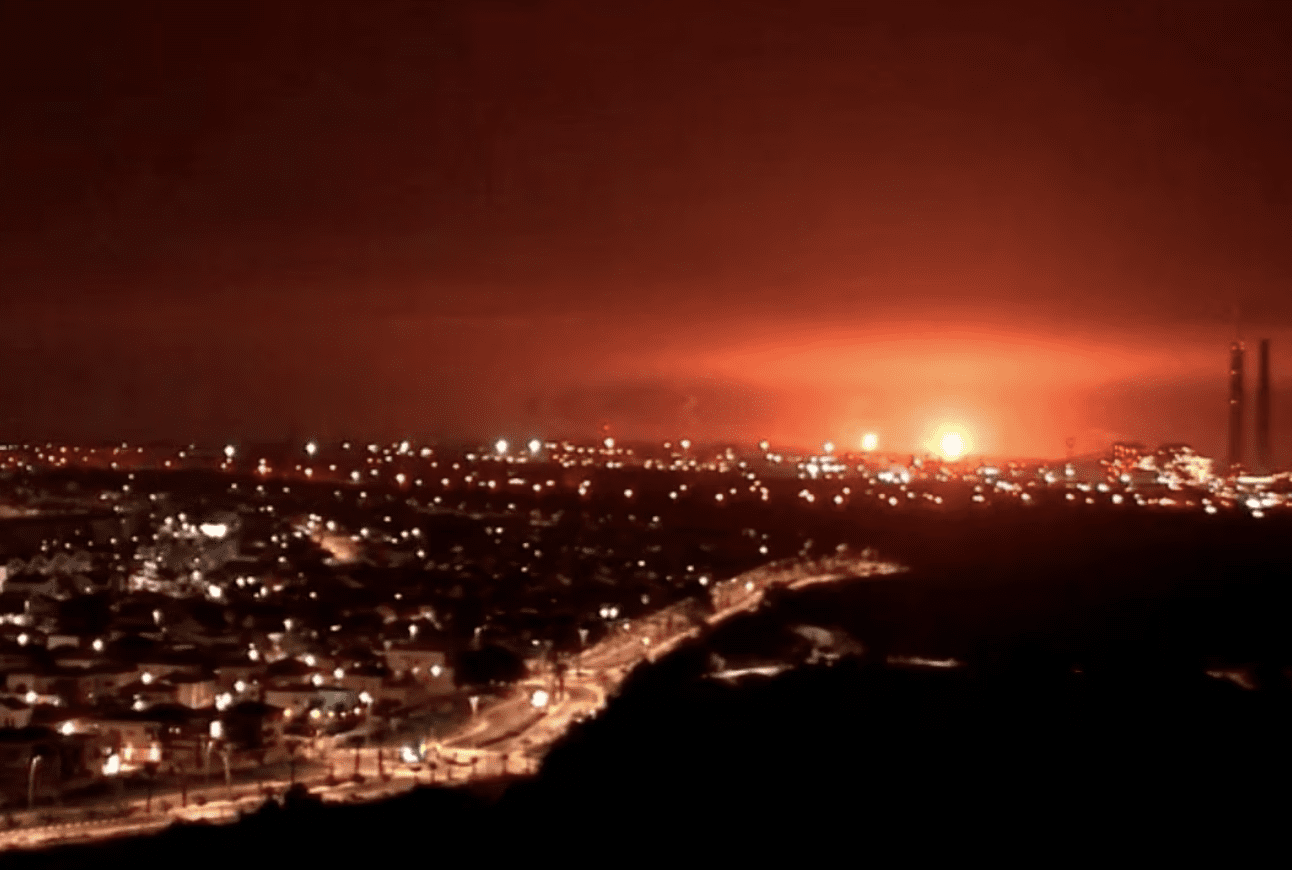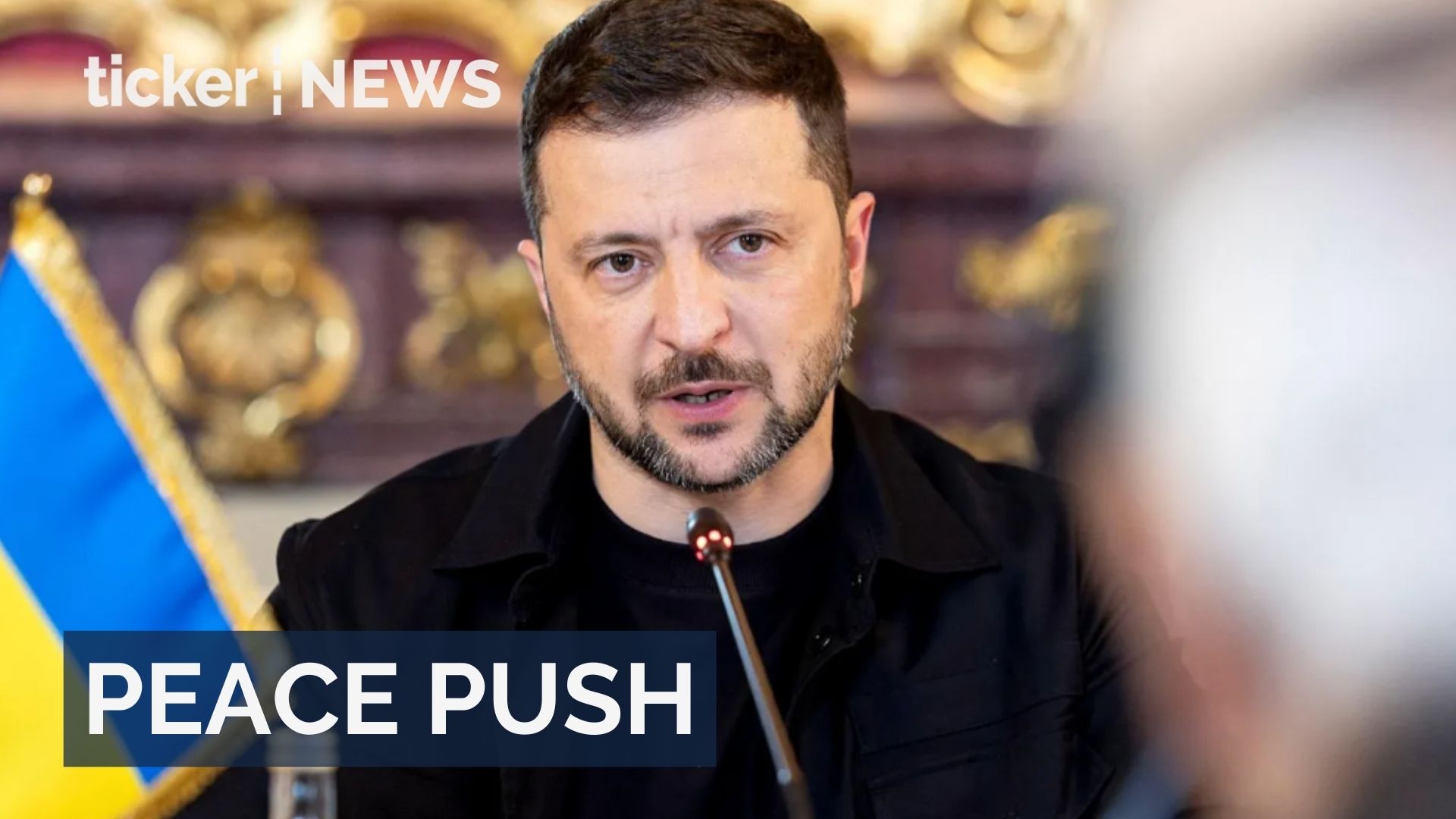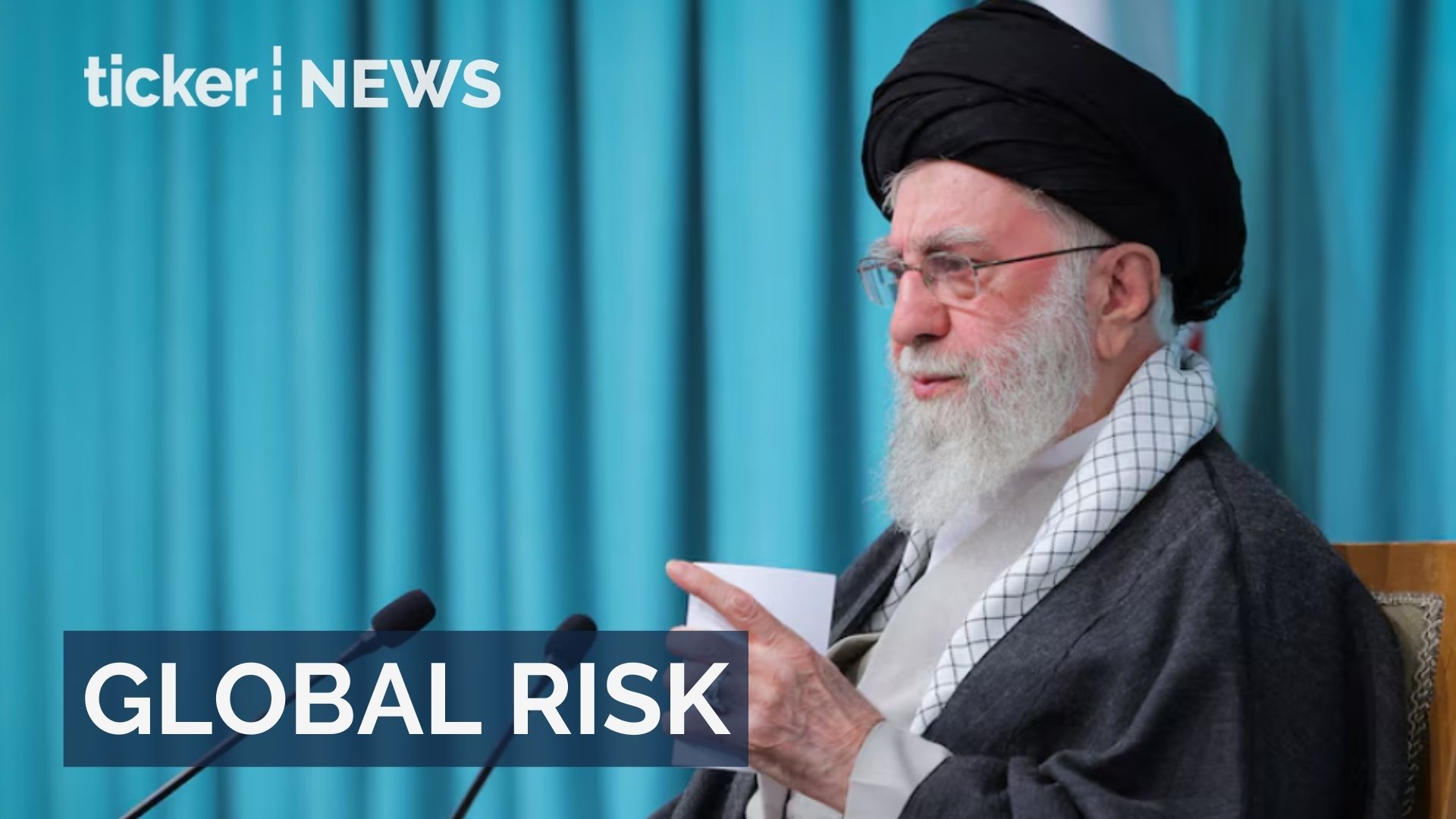News
Tensions escalate as Israel intensifies operations in Gaza

News
Ukraine and Russia set for U.S.-brokered peace talks in Abu Dhabi
News
Tensions rise as Iran threatens conflict and U.S. increases naval forces
Iran warns of regional conflict, labels European armies terrorists; U.S. boosts naval presence as both sides consider negotiations.
News
Carlos Alcaraz becomes youngest man to complete career Grand Slam
Carlos Alcaraz, at 22, stuns tennis by winning the Australian Open, defeating Djokovic, and celebrating with a kangaroo tattoo.
-



 Ticker Views4 days ago
Ticker Views4 days agoHow Iran is powering Russia’s next generation drone war
-



 Shows16 hours ago
Shows16 hours agoHow AI is transforming real estate investment strategies
-



 News4 days ago
News4 days agoBig Tech earnings spark investor unease over AI spending
-



 Crypto5 days ago
Crypto5 days agoWhite House holds talks with crypto and banking executives on new rules
-



 Ticker Views5 days ago
Ticker Views5 days agoAustralia inflation, USD volatility and Fed dissent explained
-



 Money3 days ago
Money3 days agoU.S. dollar weakens while Australian dollar rises amid global market shifts
-



 News5 days ago
News5 days agoFederal Reserve holds interest rates amid economic uncertainty
-



 News5 days ago
News5 days agoTrump warns Iran as U.S. naval forces approach amid rising tensions






